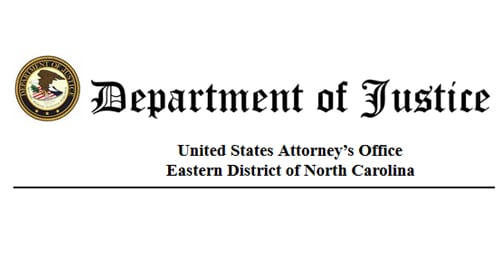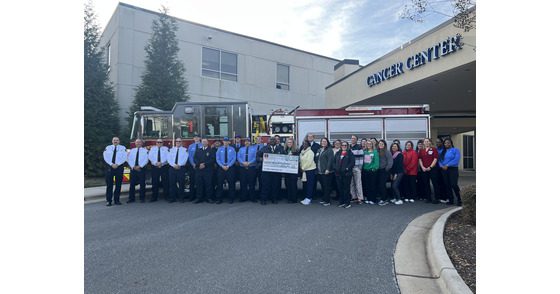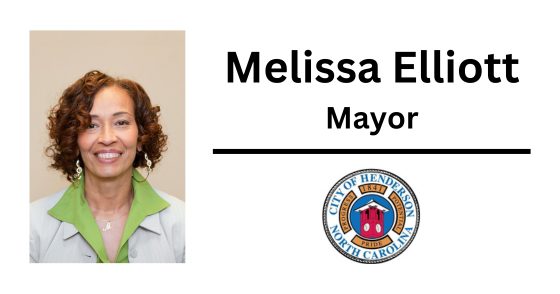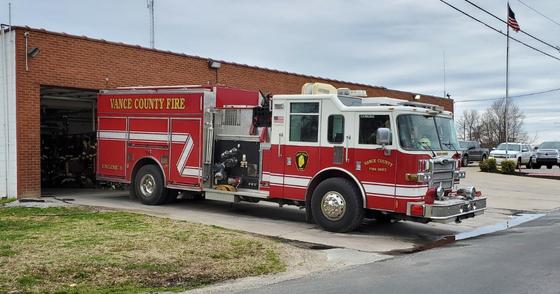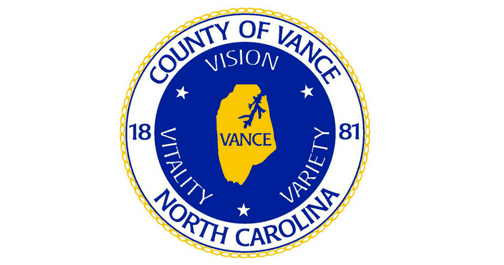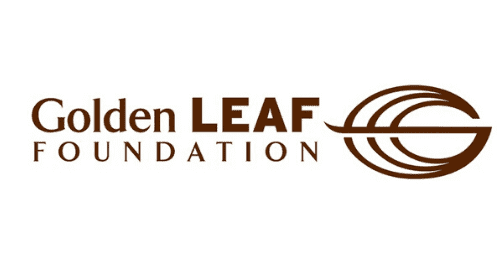-Information courtesy the June 2018 newsletter of Rep. Terry E. Garrison (Dem)
The 2018 session of the North Carolina General Assembly (NCGA) convened on May 16 and adjourned on June 29, 2018. The General Assembly is scheduled to reconvene on November 27, 2018.
The NCGA passed the following six Constitutional Amendments, which will now be placed on the ballot for the upcoming midterm elections on November 6, 2018:
Strengthen Victim’s Rights
SB 551 amends the NC Constitution and expands the rights of crime victims to guarantee that victims receive the right to be treated with dignity and respect; reasonable, accurate, and timely notice; be present at any proceeding; be reasonably heard at certain proceedings; to receive restitution in a timely manner; to receive information upon request; to reasonably confer with the prosecutor.
SB 551 also directs the General Assembly to create a procedure for a victim to assert the rights provided.
This was the only amendment not vetoed by the Governor.
Bipartisan Ethics & Elections Enforcement
HB 913 amends the NC Constitution to remove the Governor’s authority to appoint members to the State Board of Elections and gives powers to Legislators to control those appointments. This bill also determines how those appointments are to be made: Four from the House with two nominations each from the majority and minority leaders and; four from the Senate with two nominations each from the majority and minority leaders.
Judicial District Changes
SB 814 amends the NC Constitution to change how judicial vacancies will be filled. Currently, when a judge leaves office before their term has ended, the Governor appoints a replacement to serve until the voters can fill the seat in the next election. This has been the law for decades through Democratic and Republican Governors.
The bill forms a Merit Commission to rate interested judicial candidates as “qualified” or “not qualified.” The Merit Commission then submits the list of candidates with the label of qualified or not qualified to the General Assembly. The General Assembly considers all candidates and narrows its selection to two persons. The two named persons are then sent to the Governor. If the Governor fails to make an appointment within 10 days after being presented with the candidates, the General Assembly shall elect in a joint session, an appointee to fill the vacancy.
Require Photo ID to Vote
HB 1092 amends the North Carolina Constitution to require every voter to show a photo ID. The details are left to legislators to figure out later.
This law may create hardships for North Carolina citizens who do not have such an ID. They are typically among our youngest, oldest, and poorest citizens. Further, the Voter ID requirement is likely to produce lower voter turnout.
North Carolina’s elections are already fair. There is no evidence of substantial voter ID fraud to justify the need for voter photo ID.
Income Tax Cap
SB 75 amends the North Carolina constitution to cap the tax rate on income for individuals and corporations. SB 75 would raise the previously proposed cap from 5.5 % to 7%. Currently, the constitutional cap is 10% for individuals and corporations.
The change will make it very difficult to pay for schools, healthcare, and other public services. The income tax is the biggest source of revenue for the state budget.
The bill will limit budget flexibility to pay for needed public services. It may also threaten our AAA bond rating. The AAA bond rating is important because it allows the state to borrow money at lower interest rates.
Protect Right to Hunt and Fish
SB 677 amends the NC constitution to merely reinforce a right of the people to hunt, fish, and harvest wildlife. It will be submitted to the voters of the State at the mid-term election to be held on November 6, 2018.
Please note that a Constitutional Amendment on the ballot for the November 6, 2018, mid-term election will not become law unless approved by the voters.

